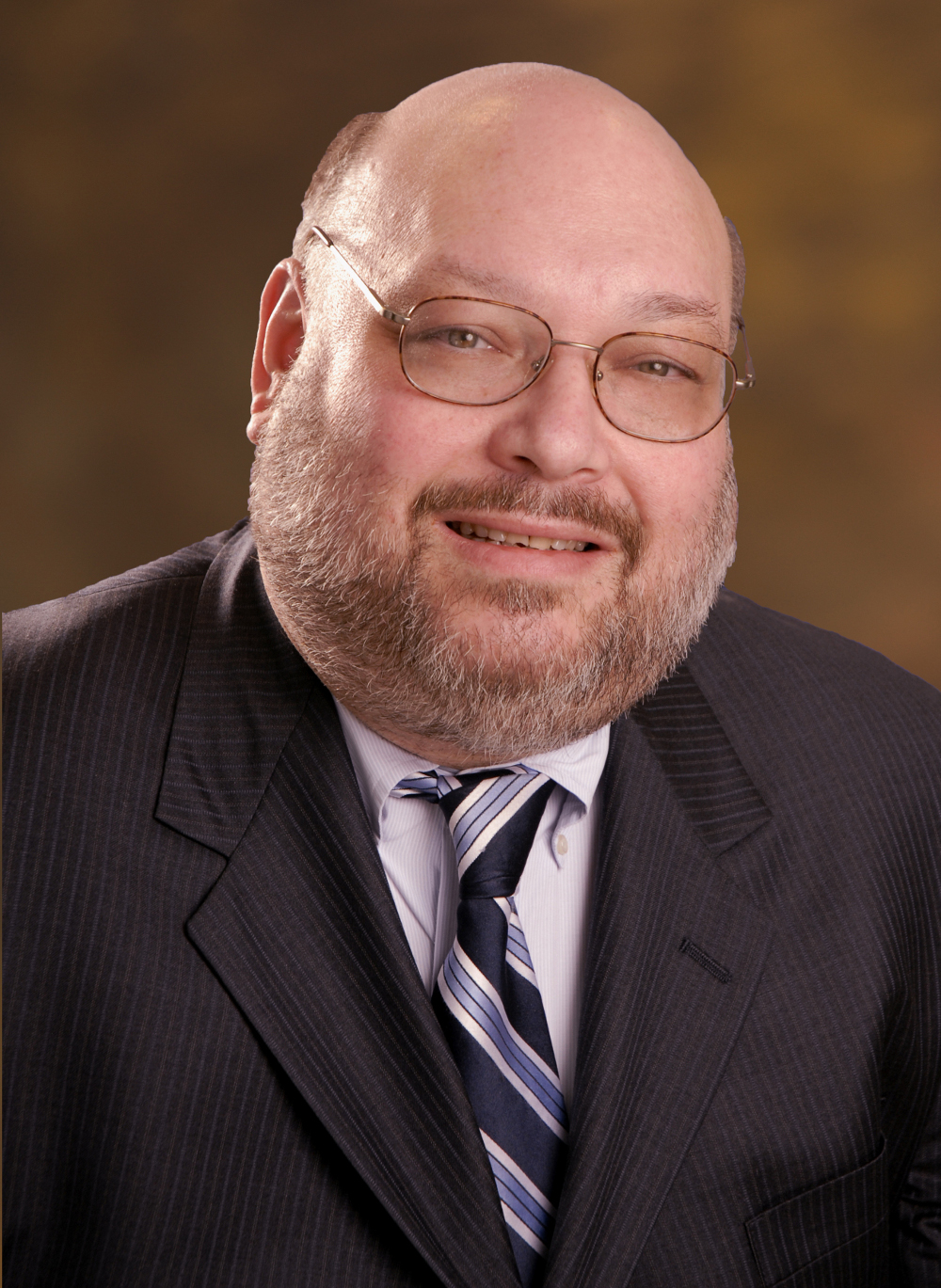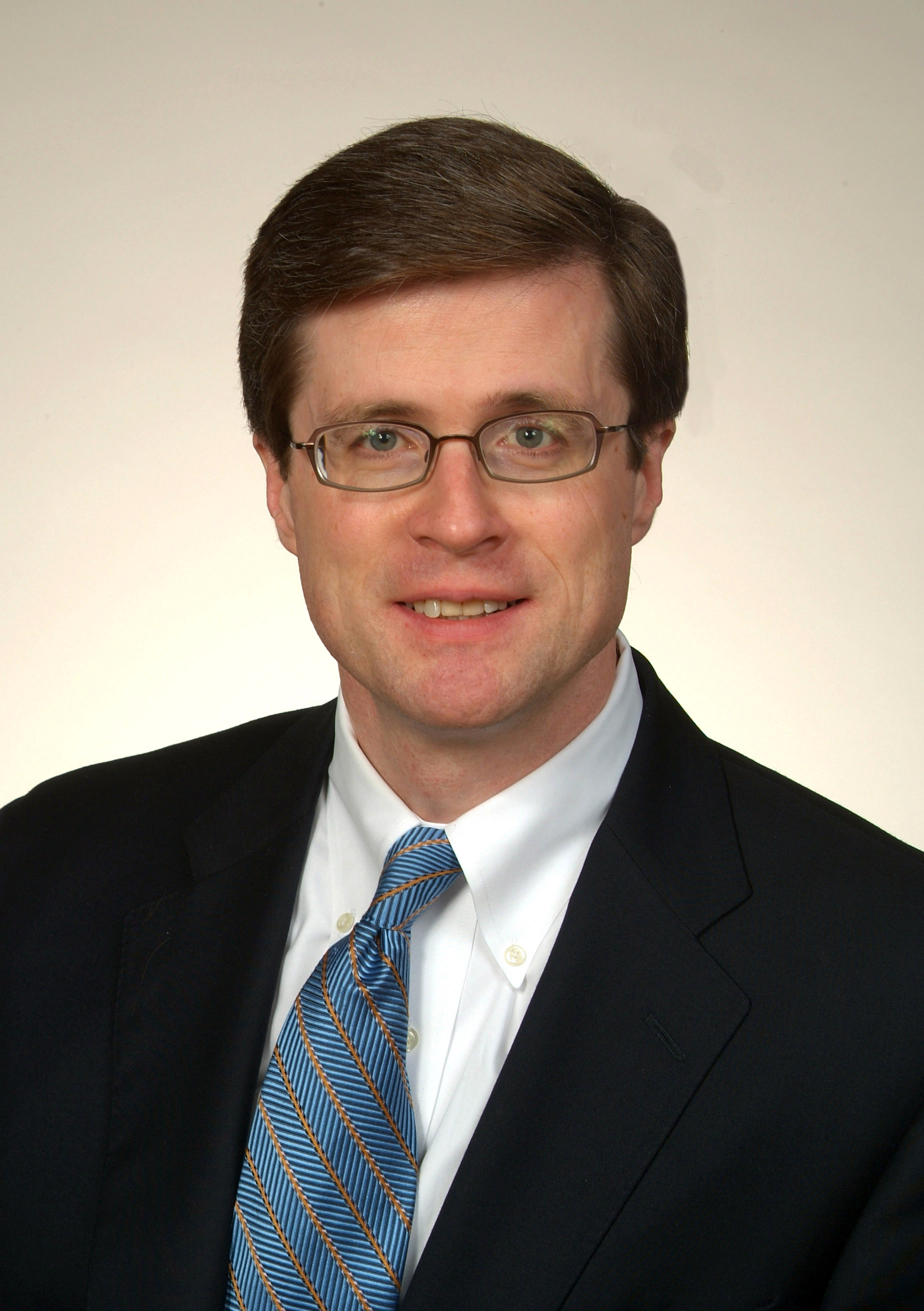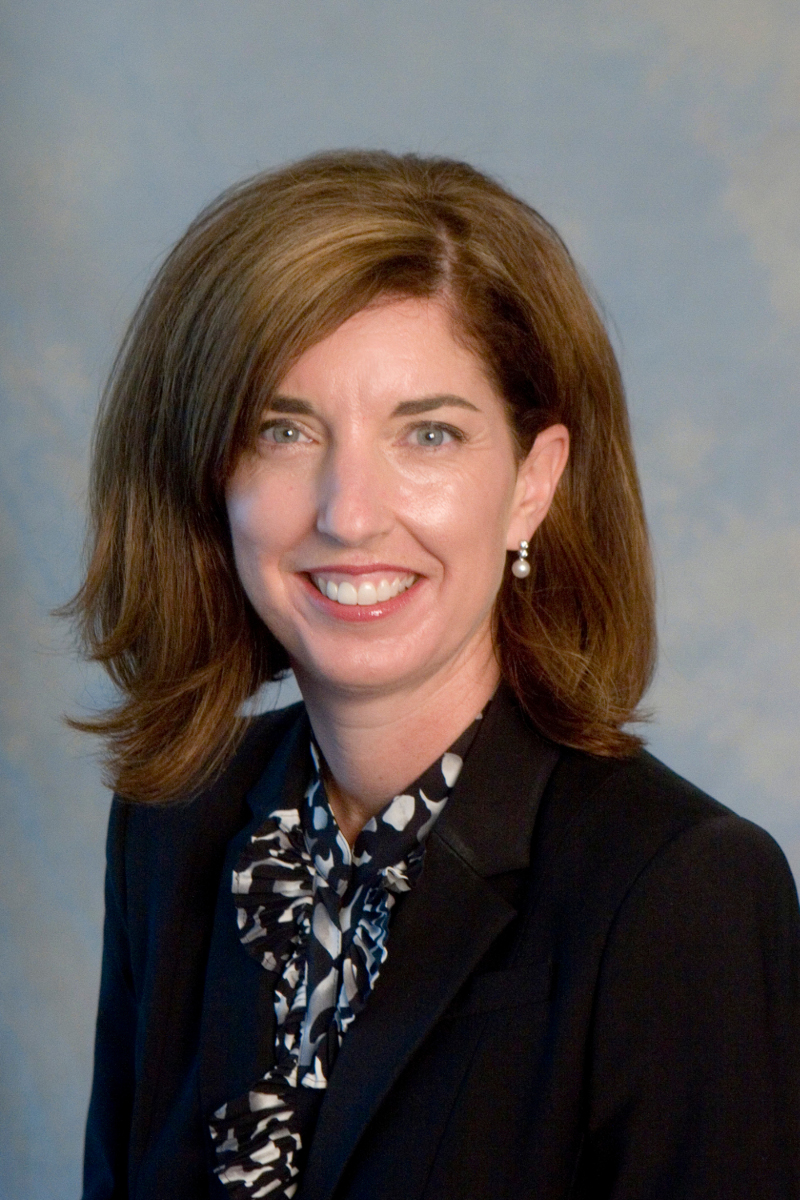In the current volatile and uncertain climate of the healthcare industry, an experienced and passionate CFO is key to an organization's ability to navigate those choppy waters efficiently and effectively. Faced with issues ranging from declining reimbursements to the uncertainties of healthcare reform, CFOs have the difficult task of adapting their organizations' financial strategies to combat these challenges. Ultimately, CFOs must ensure that their organizations not only survive but also thrive.
Here, four hospital CFOs discuss overcoming the financial hurdles that their organizations face, the most important financial decisions they have made this year and the best career advice they have ever received.
Question: What are some new financial strategies you are planning to implement in the coming year?
 Mark Bogen, CFO, South Nassau Communities Hospital (Oceanside, N.Y.): In these kinds of times it really is best to go back to the basics. We have a significant expense review currently going on, and we are working with a national firm for that. My hope is that they can help us identify areas that will help us save on the supply chain side. On the revenue cycle side, we have had a relatively large increase in our uncompensated care. Historically, it runs at about 6 to 7 percent of net revenue and right now it is running at about 8 percent. So we are trying to do things proactively to reduce that as well. It really is the basics. We are looking at expenses and revenues in ways that can sustain us as healthcare reform continues to harden.
Mark Bogen, CFO, South Nassau Communities Hospital (Oceanside, N.Y.): In these kinds of times it really is best to go back to the basics. We have a significant expense review currently going on, and we are working with a national firm for that. My hope is that they can help us identify areas that will help us save on the supply chain side. On the revenue cycle side, we have had a relatively large increase in our uncompensated care. Historically, it runs at about 6 to 7 percent of net revenue and right now it is running at about 8 percent. So we are trying to do things proactively to reduce that as well. It really is the basics. We are looking at expenses and revenues in ways that can sustain us as healthcare reform continues to harden.
Robert L. Glenning, CFO, Hackensack (N.J. ) University Medical Center: Much of what we are considering involves risk arrangements with health plans which would include partnering with one on a branded insurance product. At the same time, we are looking at broadening our physician employment and other partnerships with physicians — all being done with the intent to reduce the cost of care of our patients.
) University Medical Center: Much of what we are considering involves risk arrangements with health plans which would include partnering with one on a branded insurance product. At the same time, we are looking at broadening our physician employment and other partnerships with physicians — all being done with the intent to reduce the cost of care of our patients.
 John Kasberger, CFO, Mercy Medical Center (Roseburg, Ore.): We are implementing a clinical documentation initiative. This will include education for physicians on the importance of complete and accurate documentation. Typically, the healthcare industry has pigeonholed revenue cycle, but we look at revenue cycle in broader terms, and include mortality and complication indexes. Hospitals perform ancillary services and discharges at the direction of physicians, which requires accurate documentation in order to bill for those services. Physician ordering and discharge patterns drive our hospital's cost structure. Moreover, properly reflecting the acuity of the patient impacts our hospital's mortality and complications indexes, which measure our hospital's clinical outcomes. With a fully implemented CDI program, we expect more accurate mortality outcomes as well as the appropriate length of stay and ancillary utilization based on the appropriate acuity of our patients.
John Kasberger, CFO, Mercy Medical Center (Roseburg, Ore.): We are implementing a clinical documentation initiative. This will include education for physicians on the importance of complete and accurate documentation. Typically, the healthcare industry has pigeonholed revenue cycle, but we look at revenue cycle in broader terms, and include mortality and complication indexes. Hospitals perform ancillary services and discharges at the direction of physicians, which requires accurate documentation in order to bill for those services. Physician ordering and discharge patterns drive our hospital's cost structure. Moreover, properly reflecting the acuity of the patient impacts our hospital's mortality and complications indexes, which measure our hospital's clinical outcomes. With a fully implemented CDI program, we expect more accurate mortality outcomes as well as the appropriate length of stay and ancillary utilization based on the appropriate acuity of our patients.
 Jennifer Mitzner, CFO, Hoag Memorial Hospital Presbyterian (Newport Beach, Calif.): Our financial strategies are increasingly focused on driving business model transition and optimizing tools and partnerships to advance the emerging care models. This includes increasing the proportion of net revenues from risk-based contracts in order to more effectively pace and match our revenue model to the underlying care model. Effective business model positioning also requires a forward-facing point of view and assessing implications on cost structure-sizing based upon what the market demands. Lastly, regional integration strategies, in both clinical and business settings, within our new affiliation entity, Covenant Health Network, will be critical to achieving effective care coordination across a large population.
Jennifer Mitzner, CFO, Hoag Memorial Hospital Presbyterian (Newport Beach, Calif.): Our financial strategies are increasingly focused on driving business model transition and optimizing tools and partnerships to advance the emerging care models. This includes increasing the proportion of net revenues from risk-based contracts in order to more effectively pace and match our revenue model to the underlying care model. Effective business model positioning also requires a forward-facing point of view and assessing implications on cost structure-sizing based upon what the market demands. Lastly, regional integration strategies, in both clinical and business settings, within our new affiliation entity, Covenant Health Network, will be critical to achieving effective care coordination across a large population.
Q: What is the most important financial decision you have made this year, so far?
Mr. Bogen: Going into 2013, we knew we were going to face a significant deficit unless we did something about our benefit plan. We have traditionally had a solid pension plan, and our annual expense as a result of the significantly low discount rates had gone from $13 to $14 million in 2008 and to $23 million in 2012. Our annual expense in 2013 was going to go up to $28 million. We found that freezing the pension plan service helped bring it down to about $7 to $8 million. It was a decision that was made in 2012, but it directly affected 2013.
Mr. Glenning: At the beginning of the year, we decided to fully fund our defined benefit plan. That plan had seen some stresses over the last few years which left it under-funded causing significant fluctuations in our pension contributions. Fortunately, we have excellent banking partners who helped us craft a fixed rate loan at a rate lower than the expected PBGC premiums. This allowed us to fully fund the plan while smoothing out and reducing the cash needed. It was a good opportunity for both HackensckUMC and our employees during this period of uncertainty.
Q: What are some of the financial challenges facing your organization, and how do you plan on overcoming them?
Mr. Bogen: Going into the insurance exchanges and with the penalties being deferred for at least year, the concern is that people will move from employer-sponsored plans to insurance exchanges. There is a lot of pressure put on insurance companies to bring down cost of insurance and, in order for that to happen, providers are asked to take heavily discounted payments.
Certainly what we are trying to do is to strengthen revenue cycle processes. The expense reductions that we are looking into are in anticipation of lower revenues and lower use of hospitals. In Long Island, inpatient admissions are down year-to-year. Part of the problem is that whether you believe in health reform or not it has the ability to create significant winners and losers.
Ms. Mitzner: We're really looking at the challenges of the future and realizing our vision amidst drastic change. Our main obstacles are less financial in nature, and more about culture and transformation around improving care and implementing new models. In an increasingly risk-based market, financial performance will follow effective and integrated care models.
That said, financial challenges persist. The very business that we are trying to change is the one producing the current, mostly fee-for-service revenue to fund that change. Managing the pace of change for both the investment in care models and resulting implications on revenues is a significant financial challenge. Additionally, broader headwinds also pose significant challenges as revenue trends move from an "inflation-beating" to "inflation pacing" environment. That downward pressure on revenue trend during a period of significant strategic investment requires a new point of view around cost transformation and process redesign across the care continuum. Back to culture and transformation — employee engagement and physician partnerships will be critical to success.
Q: What is the best career advice you have ever received?
Mr. Glenning: A person I used to work with once said that the only thing he paid me for was my judgment. That comment has caused me to pause many times over the years and think about its meaning. It was not intended to mean technical knowledge and people skills are unimportant, rather its intended meaning was to say the value lies in the exercise of good judgment, to be conscious of all the variables that go into a good decision. I've found that advice to be helpful on many occasions.
Mr. Kasberger: To not be afraid of taking risks and challenging the normal way of doing things. Change is continuous, and improvement also has to be continuous. The healthcare industry is changing everyday and we have to say current with that. We have to change our methodologies.
Ms. Mitzner: The best career advice I've received would probably focus on the attributes of resiliency and collaboration. Career success and satisfaction can be improved with a constant reinventing of oneself to include investment in new skills and capabilities. This leads to resiliency, which has proven helpful in an industry under increasing change. Also, nurturing an ongoing desire to collaborate and be a part of something regardless of formal role. That is where the learning takes place and surprising opportunities can sometimes develop.
Q: What, in your opinion, is the most overlooked aspect of healthcare finance that CFOs should keep in mind?
Mr. Kasberger: Healthcare CFOs need to really look at the revenue cycle not in the traditional sense, with regard to patient registration and billing, but also in terms of physician documentation, contract compliance and medical records. The lifeblood of the hospital is billing for services rendered.
Ms. Mitzner: The roles a CFO can play in the organization can be greater than ever. There is a great rotation occurring in the underpinnings of healthcare economics. Healthcare is transitioning into a risk-based model, and the underlying economics are moving from an inefficient to an efficient marketplace. Transparency, price sensitivity and the increasing role of the consumer are fueling this rotation in economic drivers. Strategic financial leadership and strong risk management are critical skills needed to successfully navigate the change.
Additionally, more now than ever, CFOs must be able to lead effective partnerships. In many markets, care coordination and impacting the cost of healthcare in a meaningful way can only be accomplished through effective partnerships with others.
Lastly, the responsibility is great at this moment of change in the healthcare industry. Private healthcare and the innovation that resides in private industry are at risk as the industry transitions into an even more governmentally influenced market, be it through exchanges, regulations or other elements of healthcare reform. Our success is critical not only for sustaining private options in healthcare, but also for delivering our mission in the provision of improved coordinated care and health outcomes for vulnerable populations.
More Articles on CFOs:
CFO Robert Shapiro: North Shore-LIJ's Financial Foundation
CFO Lee Sherseth: Devoted Tenure at Tanner Health System
CFO Thomas Schuhle: St. Peter's Health Partners Creates New Credit Strengths

